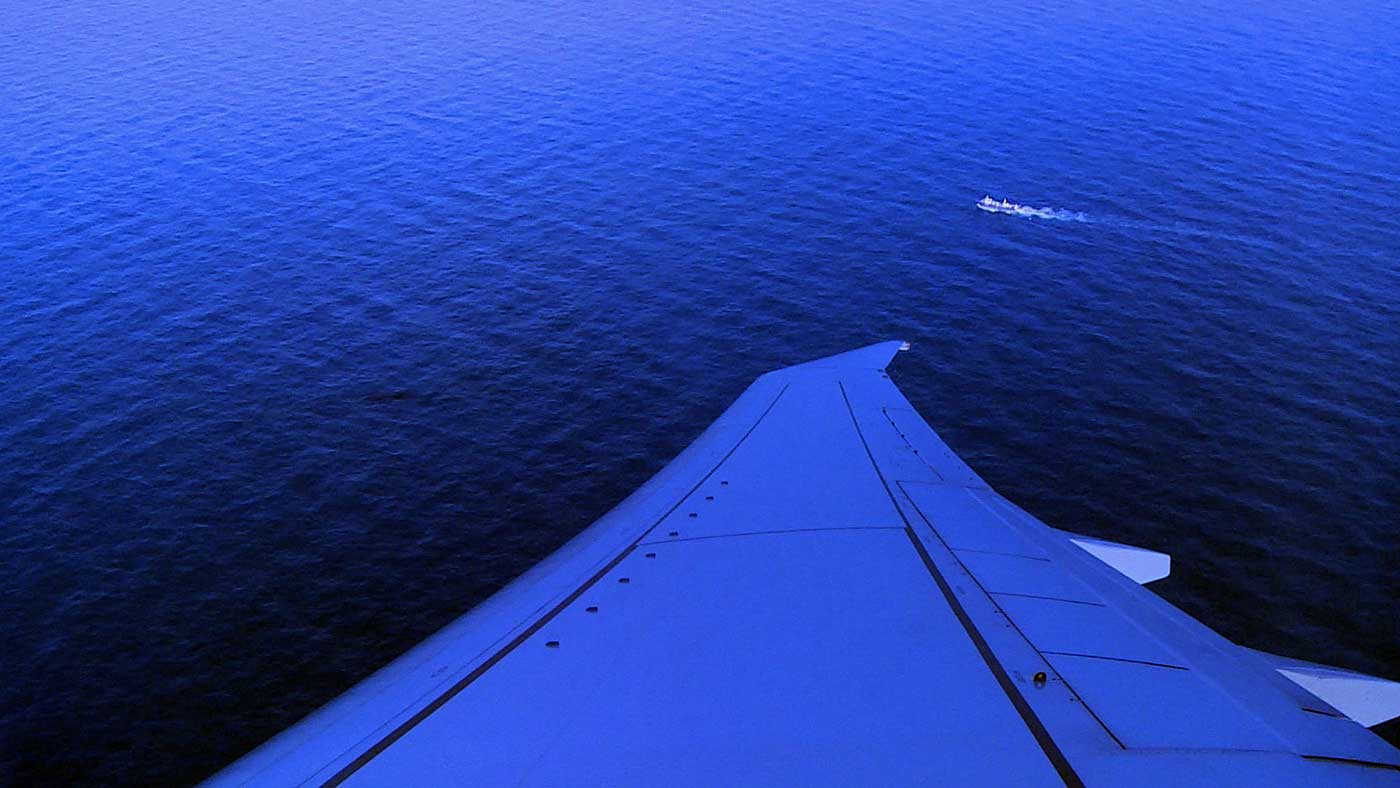Rescue mission ends for missing Argentinian submarine
The country’s navy concedes that the 44 crew on board have died

A free daily email with the biggest news stories of the day – and the best features from TheWeek.com
You are now subscribed
Your newsletter sign-up was successful
The Argentine navy has announced it will scale back the rescue mission for its submarine, the ARA San Juan, which has been missing since 15 November with 44 crew on board.
“Despite the magnitude of the effort made it has not been possible to locate the submarine,” navy captain Enrique Balbi said. “No one will be rescued.”
Balbi said that after extending the mission to “more than double the number of days than it would have been possible to rescue the crew”, the search for the submarine would be scaled back to the area where the submarine was thought to have vanished, in waters of up to 500 metres deep.
The Week
Escape your echo chamber. Get the facts behind the news, plus analysis from multiple perspectives.

Sign up for The Week's Free Newsletters
From our morning news briefing to a weekly Good News Newsletter, get the best of The Week delivered directly to your inbox.
From our morning news briefing to a weekly Good News Newsletter, get the best of The Week delivered directly to your inbox.
“Relatives of the crew are bitter at the amount of misleading misinformation they received from the government in an apparent attempt to keep their hopes alive in the first few days after the submarine disappeared,” The Guardian says.
Several families have told local media that they are planning legal action against the Argentinian government, and one family member has already travelled to speak to the judge in charge of investigating the incident.
The submarine is thought to have broken up shortly after reporting a “short circuit” in the vessel’s batteries. “Water had entered the submarine’s snorkel, which can be used to take in air from above the surface when the submarine is submerged,” the BBC says.
The ARA San Juan was ordered back to port, before the Vienna-based Comprehensive Nuclear Test-Ban Treaty Organisation detected a “hydro-acoustic anomaly”, which the navy says could be the noise of the submarine imploding.
A free daily email with the biggest news stories of the day – and the best features from TheWeek.com
-
 ‘Restaurateurs have become millionaires’
‘Restaurateurs have become millionaires’Instant Opinion Opinion, comment and editorials of the day
-
 Earth is rapidly approaching a ‘hothouse’ trajectory of warming
Earth is rapidly approaching a ‘hothouse’ trajectory of warmingThe explainer It may become impossible to fix
-
 Health insurance: Premiums soar as ACA subsidies end
Health insurance: Premiums soar as ACA subsidies endFeature 1.4 million people have dropped coverage
-
 Epstein files topple law CEO, roil UK government
Epstein files topple law CEO, roil UK governmentSpeed Read Peter Mandelson, Britain’s former ambassador to the US, is caught up in the scandal
-
 Iran and US prepare to meet after skirmishes
Iran and US prepare to meet after skirmishesSpeed Read The incident comes amid heightened tensions in the Middle East
-
 Israel retrieves final hostage’s body from Gaza
Israel retrieves final hostage’s body from GazaSpeed Read The 24-year-old police officer was killed during the initial Hamas attack
-
 China’s Xi targets top general in growing purge
China’s Xi targets top general in growing purgeSpeed Read Zhang Youxia is being investigated over ‘grave violations’ of the law
-
 Panama and Canada are negotiating over a crucial copper mine
Panama and Canada are negotiating over a crucial copper mineIn the Spotlight Panama is set to make a final decision on the mine this summer
-
 Why Greenland’s natural resources are nearly impossible to mine
Why Greenland’s natural resources are nearly impossible to mineThe Explainer The country’s natural landscape makes the task extremely difficult
-
 Iran cuts internet as protests escalate
Iran cuts internet as protests escalateSpeed Reada Government buildings across the country have been set on fire
-
 US nabs ‘shadow’ tanker claimed by Russia
US nabs ‘shadow’ tanker claimed by RussiaSpeed Read The ship was one of two vessels seized by the US military